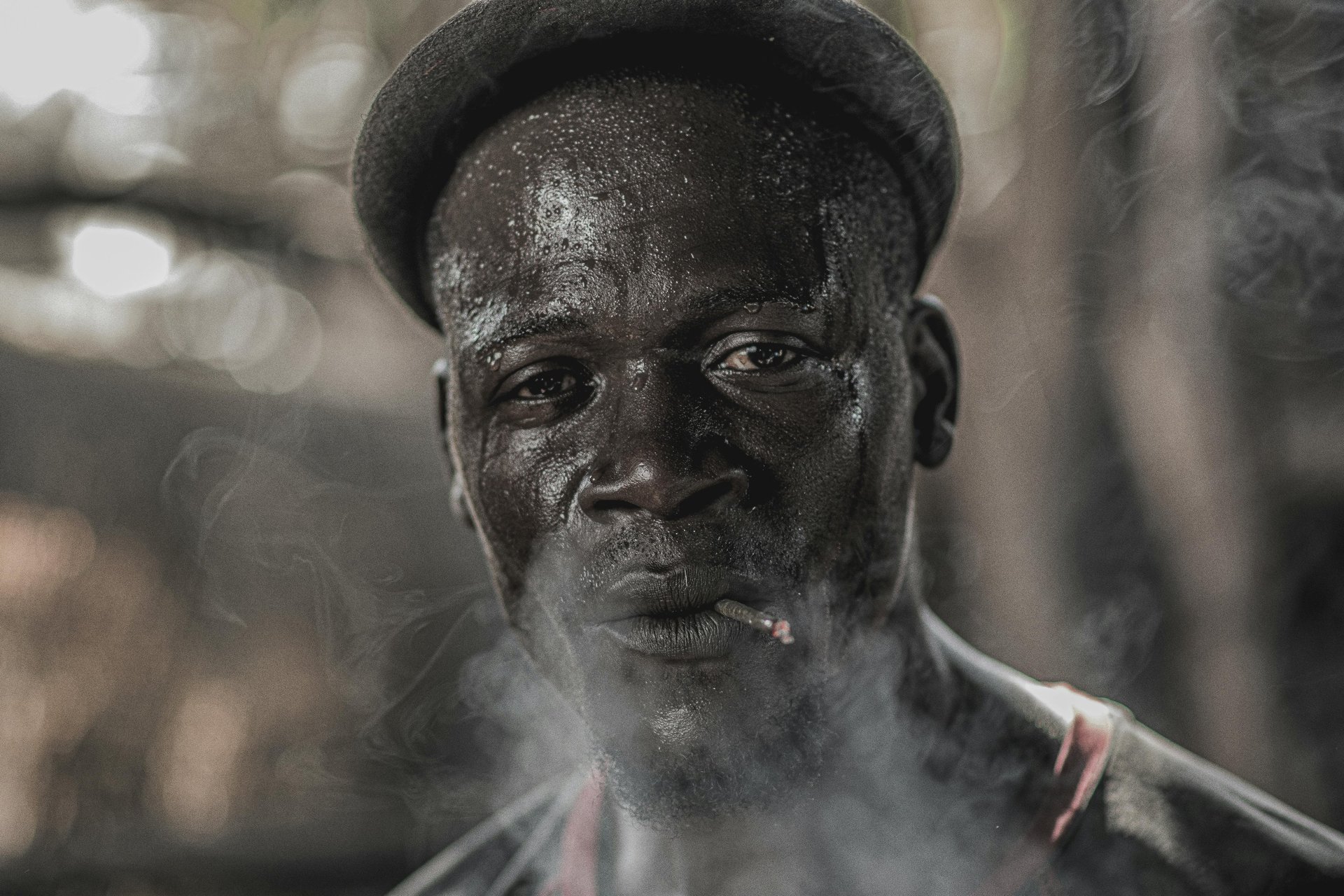Mental Health in Refugees and Host Communities in Koboko, Uganda
Addressing Mental Health Among Refugees and Host Communities in Koboko District, Uganda
DONNEEMART



Introduction
Mental health remains one of the most under-addressed challenges within refugee settings, particularly in regions like Koboko District, Uganda, where displaced persons and host communities both face chronic stressors. This study explores mental health issues affecting refugees and their hosts in Koboko, highlighting factors that contribute to psychological distress, available mental health services, and community-based coping mechanisms. The goal is to provide a clearer understanding of the mental health landscape and propose recommendations for inclusive, culturally-sensitive interventions.
Research Questions:
What are the prevalent mental health issues among refugees and host communities in Koboko?
What are the primary stressors contributing to mental health challenges?
How do affected individuals cope, and what support systems are in place?
Significance:
This study contributes to both academic discourse and policy planning by shedding light on overlooked mental health needs in humanitarian contexts and by advocating for integrative approaches to mental well-being.
Methods
A qualitative research design was employed, using semi-structured interviews with refugees, host community members, healthcare workers, and community leaders in Koboko District. The data were thematically analyzed to identify patterns related to psychological distress, coping strategies, and institutional support mechanisms.
Ethical Considerations: Informed consent was obtained from all participants, and their identities were protected to ensure confidentiality.
Results
Mental Health Challenges: Respondents frequently reported symptoms associated with anxiety, depression, trauma, and emotional numbness. Refugees described nightmares, flashbacks, and grief over lost family members and disrupted lives. Host community members also reported mental fatigue stemming from economic pressures and social tension with the refugee population.
Contributing Factors: Major stressors included poverty, food insecurity, lack of employment, family separation, limited access to education, and inadequate healthcare. For refugees, pre-migration trauma, such as violence, loss, and displacement, combined with post-migration challenges to heighten vulnerability.
Coping Mechanisms: Participants relied heavily on informal support systems, including family, religious practices, and peer counseling. Community gatherings, storytelling, and faith-based meetings were cited as helpful outlets for emotional expression. However, formal mental health services were scarce, and stigma often deterred individuals from seeking professional help.
Available Services: Mental health services are limited and mostly offered through a few NGOs and public health units. Many healthcare workers lack specialized training in psychosocial support, and there is a shortage of psychologists or psychiatric nurses.
Discussion
The study underscores the urgency of prioritizing mental health in refugee-hosting regions. While community resilience is evident through informal coping strategies, the lack of structured psychosocial support leaves many needs unmet. These findings align with existing literature that calls for culturally appropriate, community-integrated mental health interventions in humanitarian contexts.
There is a need for multi-level interventions: from training local health workers in basic mental health care to launching community awareness campaigns that reduce stigma. Partnerships between the government, NGOs, and local religious organizations could amplify outreach and trust.
Limitations: The study is geographically limited to the Koboko District and uses a relatively small sample size. Broader studies could further validate these findings across different refugee settlements in Uganda.
Conclusion
Mental health challenges among both refugees and host communities in Koboko are pervasive but under-addressed. While informal networks play a vital role in providing emotional relief, institutional gaps hinder effective mental healthcare delivery. To support holistic well-being, stakeholders must integrate mental health services into existing health and social systems, build local capacity, and address stigma through culturally relevant education and outreach.
Abstract
This research explores the mental health challenges faced by refugees and host communities in Koboko District, Uganda. Through qualitative interviews, the study identifies anxiety, depression, trauma, and psychosocial stress as key issues, exacerbated by poverty, displacement, and limited healthcare. While informal coping methods such as faith-based practices and family support exist, formal mental health services remain scarce. The study concludes that integrated, community-based mental health interventions are urgently needed, and recommends training local health workers, reducing stigma, and strengthening service delivery through multisectoral collaboration.
Service
Empowering communities through faith and innovation.
Connect
Subscribe for our newsletter
info@donneemart.online
+256-774-143-794
© 2025. All rights reserved.
